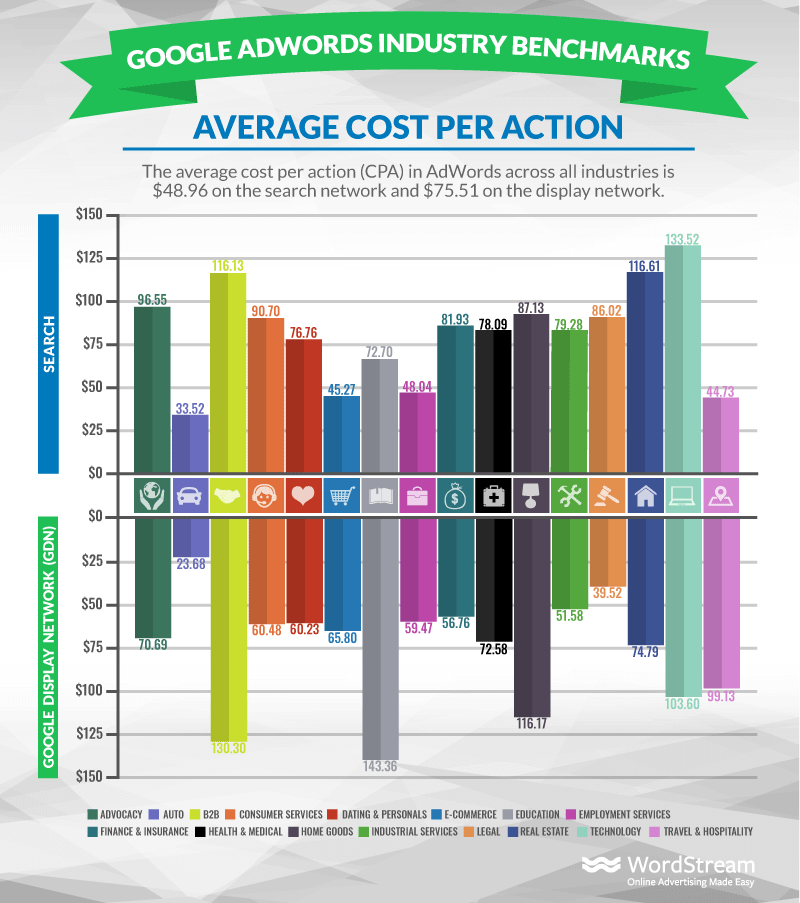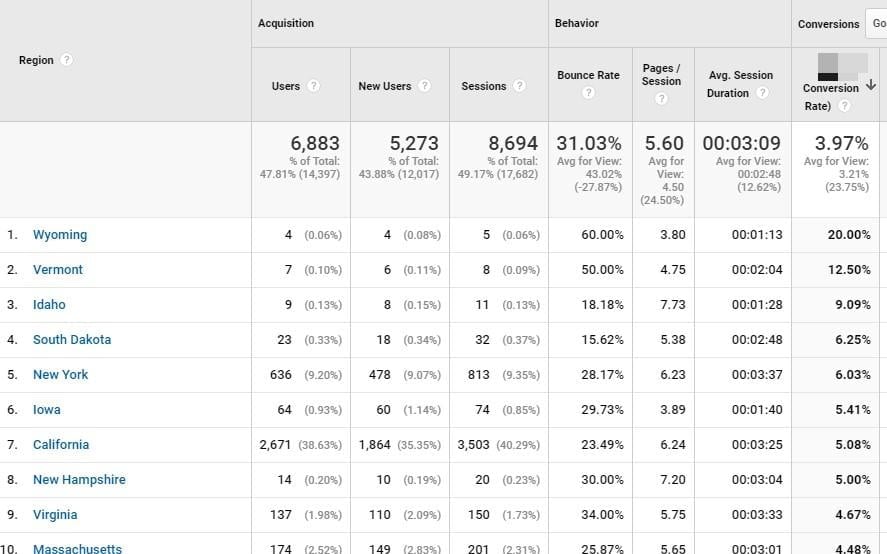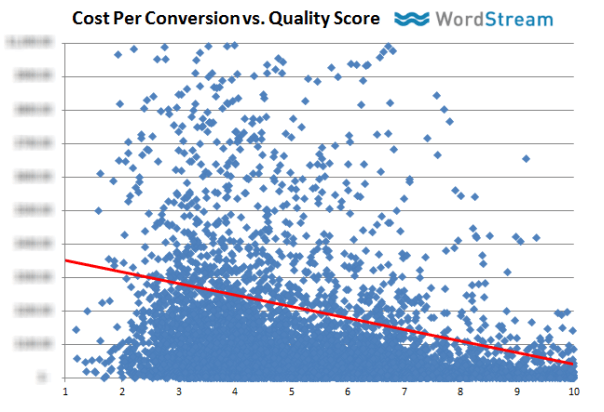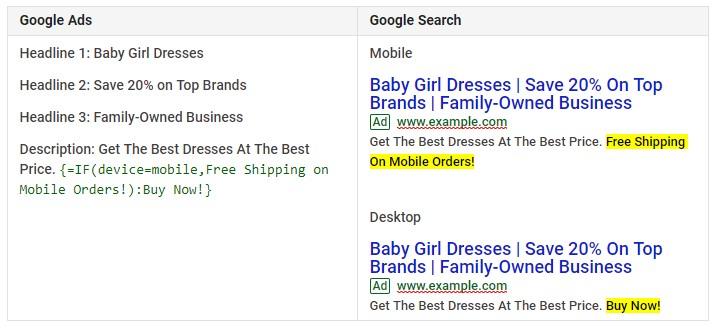
Keeping ad spend low while driving the highest possible conversions is the ultimate goal for digital marketers. Although PPC can be powerfully effective, it can also eat into a marketing budget if you don’t find ways to minimize costs and maintain a high ROI.
Cost per acquisition, which measures the aggregate cost to acquire one paying customer on a campaign, is one of the most important metrics to watch in PPC.
We previously shared five ways to lower your CPA:
- Lower your bids
- Find more specific keywords to target
- Increase your Quality Score
- Analyze your offer types
- Qualify with your ad text
Here, we delve into five more methods you can use to improve your account. Ready? Let’s go.
1. Review your locations
One of the most common causes of wasted spend is non-converting locations. While it might be tempting to target as many locations as you can, targeting too broadly often means showing your ads to uninterested audiences and paying for unqualified clicks. You can be a lot more methodical about location targeting by observing your geographical data at a granular level. This way, you’ll discover opportunities to immediately reduce wasted spend.
Simply log into your Google Analytics dashboard, and check the Goal Conversion Rate for each location. For example, if you’re targeting the US, you can sort out the best and least converting states.
Here, Wyoming and Vermont have the highest conversion rates for this goal, but California drives the most traffic. In this example, you can choose to dive even deeper into the data by checking the best and least converting cities or metro areas for more insight.
Once you have identified your least converting locations, you can either completely turn off ads or reduce the bids for these areas considerably.
2. Maintain high Quality Scores, always
Despite the arguments over the role of Quality Scores in PPC, we continue to see evidence that high Quality Scores are key not only to better-performing ads in general but also lower CPAs. Larry Kim has argued that optimizing for Quality Score is the same as optimizing for CPA and provides clear evidence to support this by analyzing CPA data from hundreds of WordStream client accounts. As the diagram below shows, Larry found that the CPC decreased as quality score increased.
Even without a graph, it’s not difficult to figure out why higher Quality Scores mean better CPAs. The Quality Score estimates the quality of your ads, keywords, and landing pages. Higher scores mean your ads are relevant, so they get shown to more people and you can enjoy lower CPC, on average. Since the CPA is obtained by dividing your costs by the number of conversions, you’ll have lower costs, higher conversions, and, ultimately, lower CPAs.
So how do you improve quality score? The key still remains to write better ad text, ensure your landing page delivers on the ad promise, and tighten your keyword groups. This brings us to the next way you can lower your CPA.
3. Try smart bidding
Smart bidding is an automated bidding strategy that employs machine learning to optimize your ads based on set targets. Smart bidding options available on Google Ads include target CPA, target ROAS, search page location, and enhanced CPA.
When you select Target CPA, for example, Google Ads attempts to deliver leads at or below your set CPA. This is particularly helpful if you’re on a budget. For the best results from smart bidding, you should have had at least 30 conversions in the past 30 days before using Target CPA and 50 conversions in the last 30 days for Target ROAS.
4. Use the “IF” function
In the words of Google, “IF functions allow you to insert a specific message in your text ad when a condition is met, and a default text when it does not. This makes your ads tailored to each search and more relevant to potential customers.”
The supported targets allow you to tailor ads by device or audience. As a result, users see slightly different messages depending on their device (mobile or desktop) or the audience category (e.g., cart abandoners vs first-time visitors).
5. Finally, don’t “set it and forget it”
Far too many marketers adopt a “set-it-and-forget-it” approach to their campaigns. But this won’t work: PPC is an ever-changing field. You need to constantly test and optimize your campaigns until you find the right balance.
By weeding out or bidding less on non-converting locations, maintaining higher Quality Scores, and adopting better ad structures, you can effectively lower your PPC campaign’s CPA. If you’re feeling even more adventurous, try smart bidding and leverage the IF function to make ads more compelling. Regardless of which strategies you choose to adopt, though, be sure to check back in regularly to monitor and continue to improve your account’s performance.
About the author
Guy Sheetrit is CEO at Over The Top SEO, an award-winning international SEO agency.











